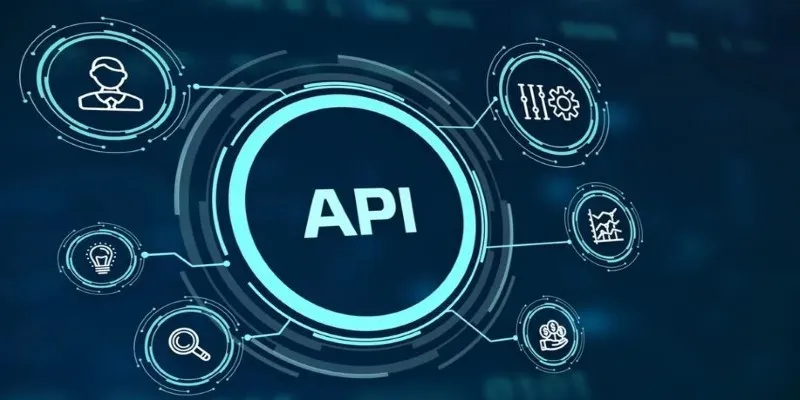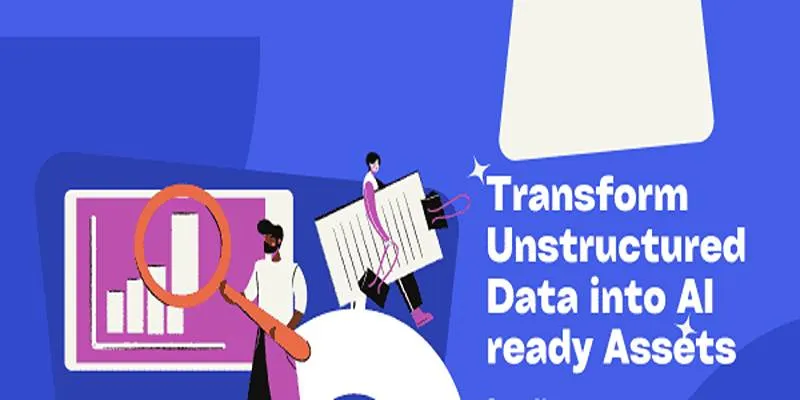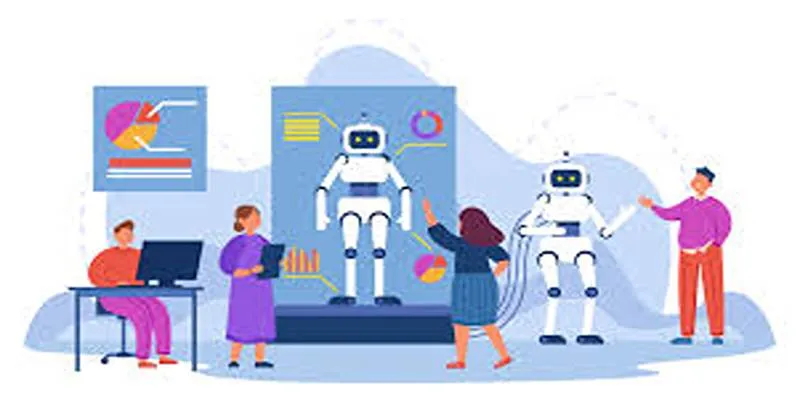Artificial Intelligence (AI) is no longer futuristic—it’s already shaping how we live and work every day. From voice assistants giving quick answers to chatbots helping customers online, AI quietly powers many of the tools we rely on. However, businesses don’t build these smart systems alone. They utilize AI APIs, powerful tools developed by industry leaders like Google Cloud AI, IBM Watson, and OpenAI.
These off-the-shelf solutions allow you to integrate sophisticated features such as speech recognition, language processing, and machine learning. In this article, we will explore how these AI APIs are revolutionizing technology and enabling companies to innovate faster than ever before.
What Are AI APIs?
AI APIs, or Application Programming Interfaces, serve as pre-existing building blocks for incorporating artificial intelligence into applications, websites, and software. Rather than building a full AI system from the ground up—which can be time-consuming, costly, and require specialized expertise—developers can simply tap into these APIs to access sophisticated features.
These tools make it easy to add smart capabilities like speech-to-text, image recognition, language translation, chatbots, and data analysis. Because AI APIs are based on powerful cloud infrastructure, companies don’t need to worry about installing complicated hardware or handling servers. Everything is done online, saving time and money.
The accessibility of AI APIs makes them even more valuable. Small businesses and startups, which might not have dedicated AI teams, can still develop intelligent solutions at a low cost and in a short time. These tools democratize advanced technology, leveling the playing field in software development and enabling businesses to remain competitive in a rapidly changing digital world. For more information on the impact of AI on businesses, check out this [Forbes article on AI trends](https:/www.forbes.com/sites/bernardmarr/2023/01/01/the-top-5-ai- trends-everyone-should-be-watching-in-2023/).
IBM Watson
IBM Watson is another formidable player in the AI API field. It gained fame after its victory on the TV show Jeopardy!, where it defeated human contestants using its advanced question-answering abilities. Today, IBM Watson offers a range of APIs that businesses use to build smart applications.

IBM Watson provides APIs for language understanding, speech services, visual recognition, and machine learning. The Watson Assistant API is widely used to create chatbots and virtual agents for customer service. It enables businesses to build AI systems that comprehend natural language and respond intelligently to customer queries.
The Watson Natural Language Understanding API helps analyze emotions, keywords, and topics from text data. Additionally, IBM Watson’s Speech-to-Text and Text-to-Speech APIs enable voice-based applications, while its Visual Recognition API allows developers to train models for image classification.
A unique feature of IBM Watson is its focus on explainable AI. It provides tools that help businesses understand how AI systems reach decisions, which is particularly useful in industries like healthcare and finance, where transparency is essential.
IBM Watson supports a wide range of industries and emphasizes building trusted and responsible AI. It allows businesses to manage data privacy, security, and compliance while using advanced AI features.
Google Cloud AI
Google Cloud AI is among the most popular platforms for AI APIs. It offers a wide range of tools enabling developers to incorporate smart features into their software easily. Supported by Google’s powerful infrastructure, these tools are fast and reliable.
Google Cloud AI provides APIs for natural language processing, speech recognition, image analysis, and translation. The Natural Language API assists in analyzing and interpreting text, while the Vision API enables apps to detect objects, faces, and even handwriting within images. Google’s Text-to- Speech and Speech-to-Text APIs are widely used in voice assistants and customer service robots.
One of Google Cloud AI’s most impressive features is AutoML, which allows companies to train custom machine learning models without requiring in-depth AI knowledge. It offers flexibility and helps businesses fine-tune their AI systems based on specific data.
Google Cloud AI focuses on security, scalability, and ease of use. It provides detailed documentation and guides for developers, making it easy even for beginners to get started. Many industries, including healthcare, finance, and retail, use Google Cloud AI to enhance customer experiences and automate processes.
OpenAI
OpenAI is renowned for creating some of the most advanced AI systems available today. Its AI APIs are widely used by developers looking to add intelligent language capabilities to their applications. OpenAI’s API platform is built on powerful GPT (Generative Pre-trained Transformer) models, known for their ability to generate human-like text.

The OpenAI API allows developers to build tools that can answer questions, summarize content, write emails, generate reports, and create chatbots. It provides a wide range of language-based features that are hard to match.
OpenAI also offers the Whisper API for speech recognition and DALL·E for image generation based on text prompts. These APIs help businesses create highly creative and interactive applications.
What sets OpenAI apart is its focus on natural language generation and understanding. Its models are trained on vast amounts of text data, allowing them to produce detailed and relevant responses. Developers use the OpenAI API to create content tools, virtual assistants, customer support bots, and educational apps.
OpenAI provides clear guidelines for responsible AI use and has tools to filter and manage content generation. Its flexible pricing model and developer-friendly platform make it accessible to businesses of different sizes.
Conclusion
AI APIs have become essential tools for businesses that want to remain competitive in a digital world. They offer easy access to advanced features like language processing, speech recognition, and image analysis without requiring the construction of complex systems from scratch. Platforms like Google Cloud AI, IBM Watson, and OpenAI provide flexible, secure, and powerful solutions for various industries. These tools help companies save time, reduce costs, and create smarter applications. As technology continues to advance, the demand for AI APIs will rise, enabling more businesses to innovate and deliver enhanced customer experiences using ready-made AI solutions from trusted providers and experts.
 zfn9
zfn9























